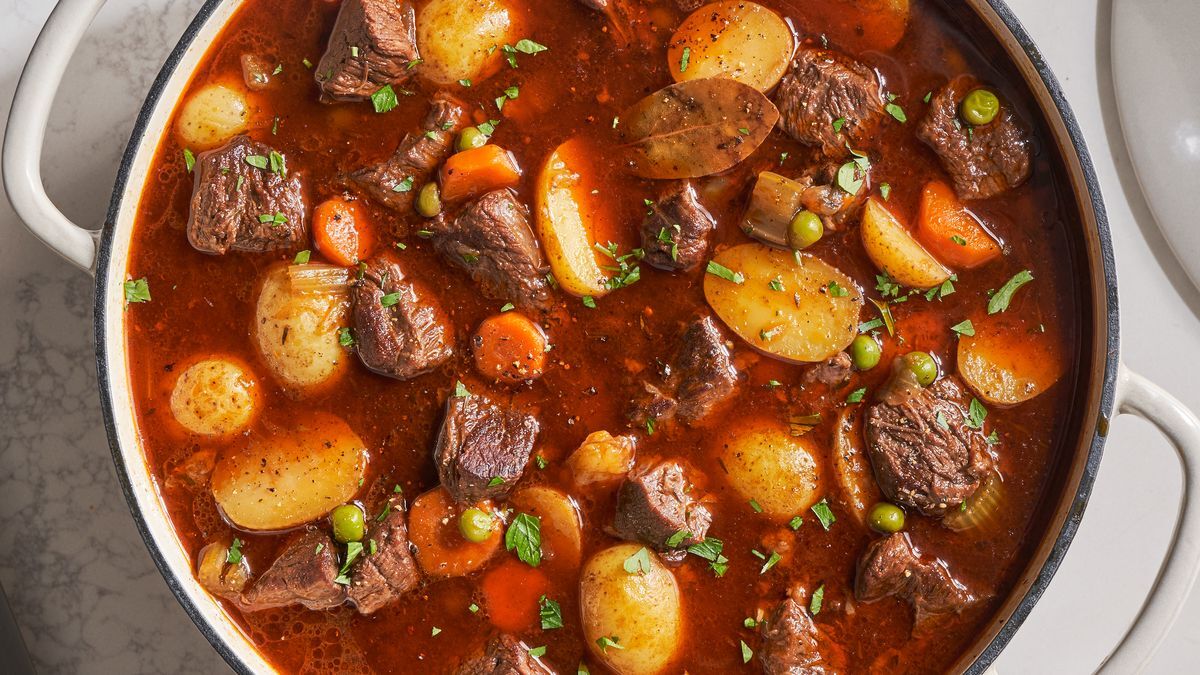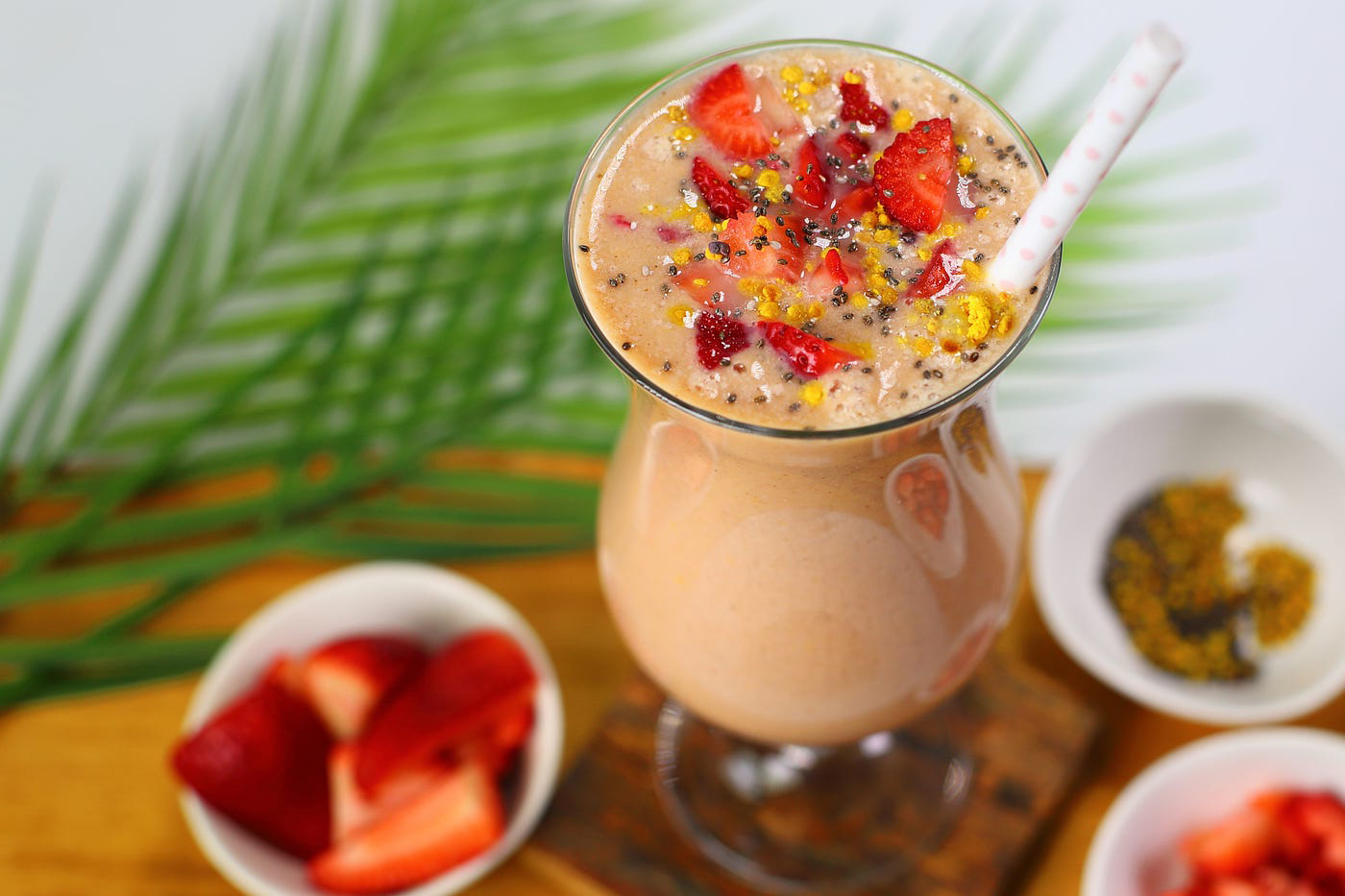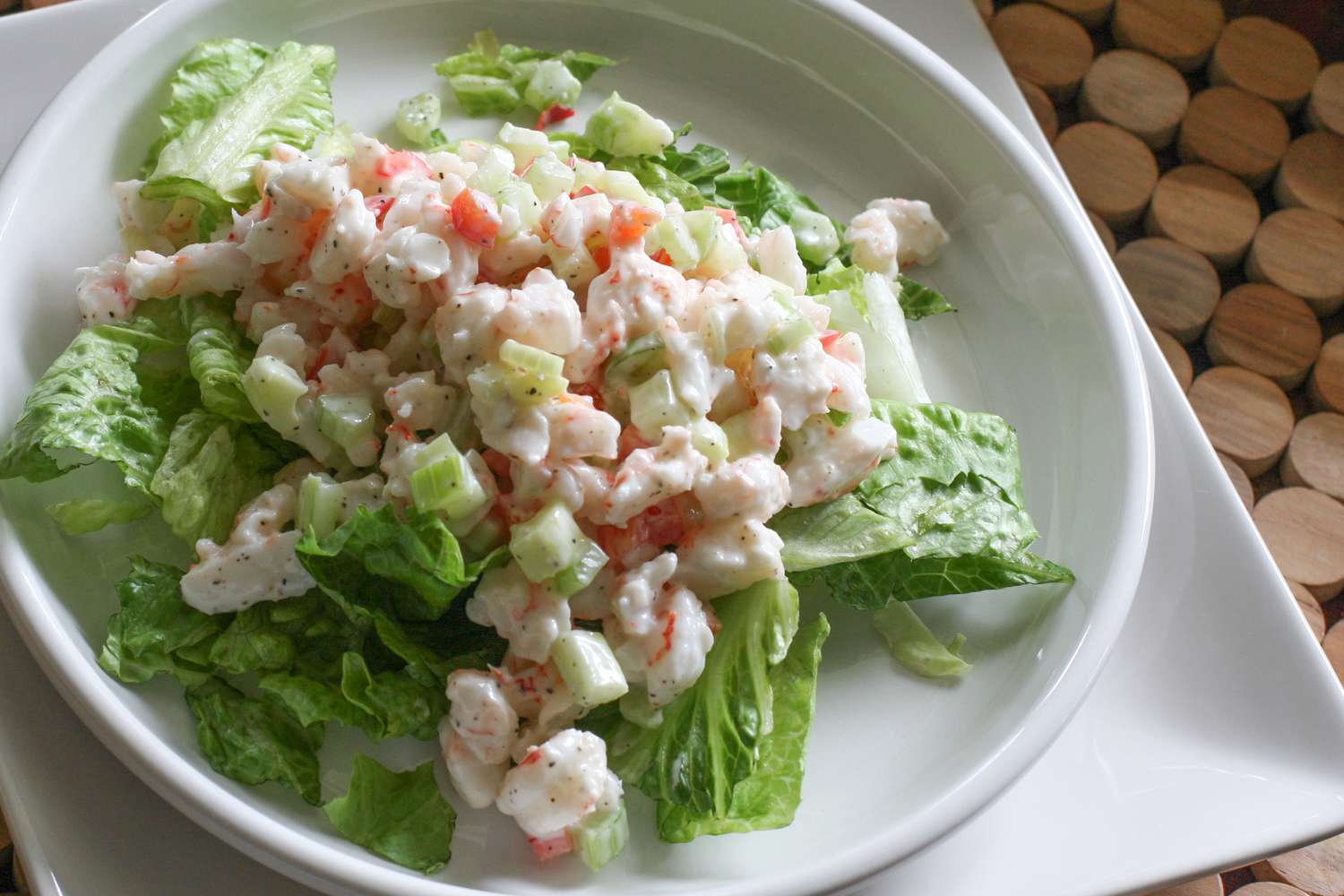Understanding Porridge: A Delicious and Nutritious Breakfast Option
Porridge is a warm and comforting dish that has been enjoyed by people around the world for centuries. It is a simple yet versatile dish that can be made with a variety of grains, such as oats, rice, corn, or even quinoa. Porridge is often enjoyed as a breakfast food, but it can also be served as a satisfying meal at any time of the day.
The History of Porridge
Porridge has a rich history that dates back to ancient times. It has been a staple food in many cultures, including Scotland, England, China, and Africa. In fact, the word “porridge” is believed to have originated from the Latin word “pulmentum,” which means “a thick mush or gruel.
Throughout history, porridge has been a popular choice for breakfast due to its affordability and nutritional value. It has been a source of sustenance for people of all walks of life, from peasants to royalty.
What Is Porridge Made Of?
Porridge is typically made by boiling grains in water or milk until they reach a creamy consistency. The most common grain used to make porridge is oats, which are packed with essential nutrients such as fiber, protein, and vitamins. However, porridge can also be made with other grains, such as rice, corn, or barley.
Key ingredients in porridge include:
- Oats
- Water or milk
- Sweeteners such as honey, sugar, or maple syrup
- Flavorings such as cinnamon, vanilla, or fruit
The Health Benefits of Porridge
Porridge is not only delicious, but it is also incredibly nutritious. It is a great source of complex carbohydrates, which provide a steady release of energy throughout the day. Additionally, porridge is high in fiber, which is important for digestive health and can help lower cholesterol levels.
Some of the health benefits of porridge include:
- Provides long-lasting energy
- Supports digestive health
- Helps lower cholesterol levels
- Rich in essential nutrients
How to Enjoy Porridge
One of the best things about porridge is its versatility. It can be enjoyed in a variety of ways, depending on personal preferences and dietary restrictions. Porridge can be topped with a wide range of ingredients, such as fresh fruit, nuts, seeds, or a drizzle of honey. It can also be flavored with spices like cinnamon, nutmeg, or vanilla for added depth of flavor.
For those with dietary restrictions, such as gluten intolerance, there are plenty of gluten-free grains that can be used to make porridge, such as quinoa or buckwheat. Additionally, plant-based milk alternatives, such as almond milk or coconut milk, can be used to make porridge for those who are lactose intolerant or following a vegan diet.
In Conclusion
Porridge is a delicious and nutritious dish that has stood the test of time. Whether enjoyed as a simple bowl of oatmeal with a sprinkle of brown sugar or as a gourmet creation with exotic fruits and spices, porridge is a versatile and satisfying meal that can be enjoyed by people of all ages and dietary preferences.
So, the next time you’re looking for a wholesome and comforting breakfast option, consider whipping up a batch of delicious and nutritious porridge. Your body and taste buds will thank you!
Was this page helpful?
Read Next: What Is The Most Popular Ice Cream Flavor











